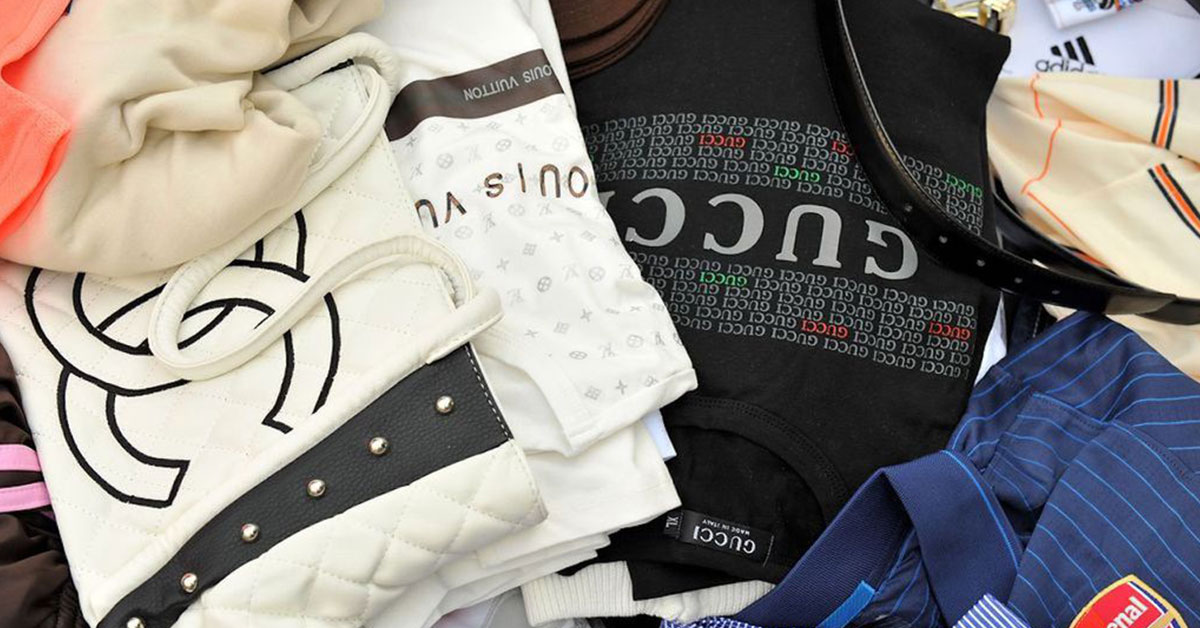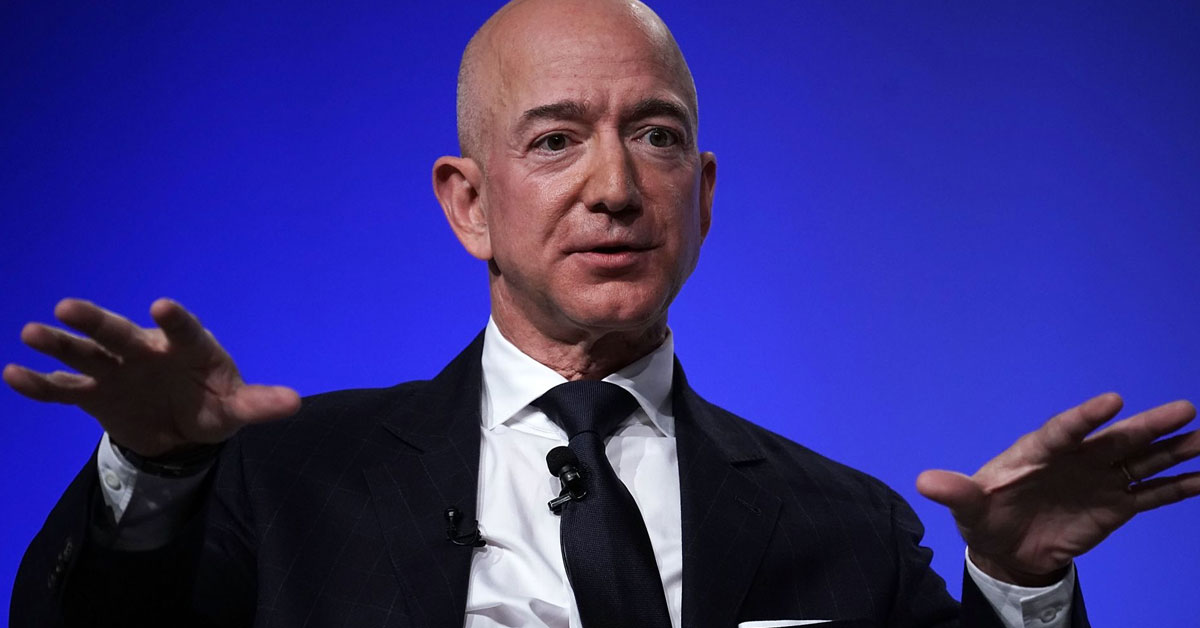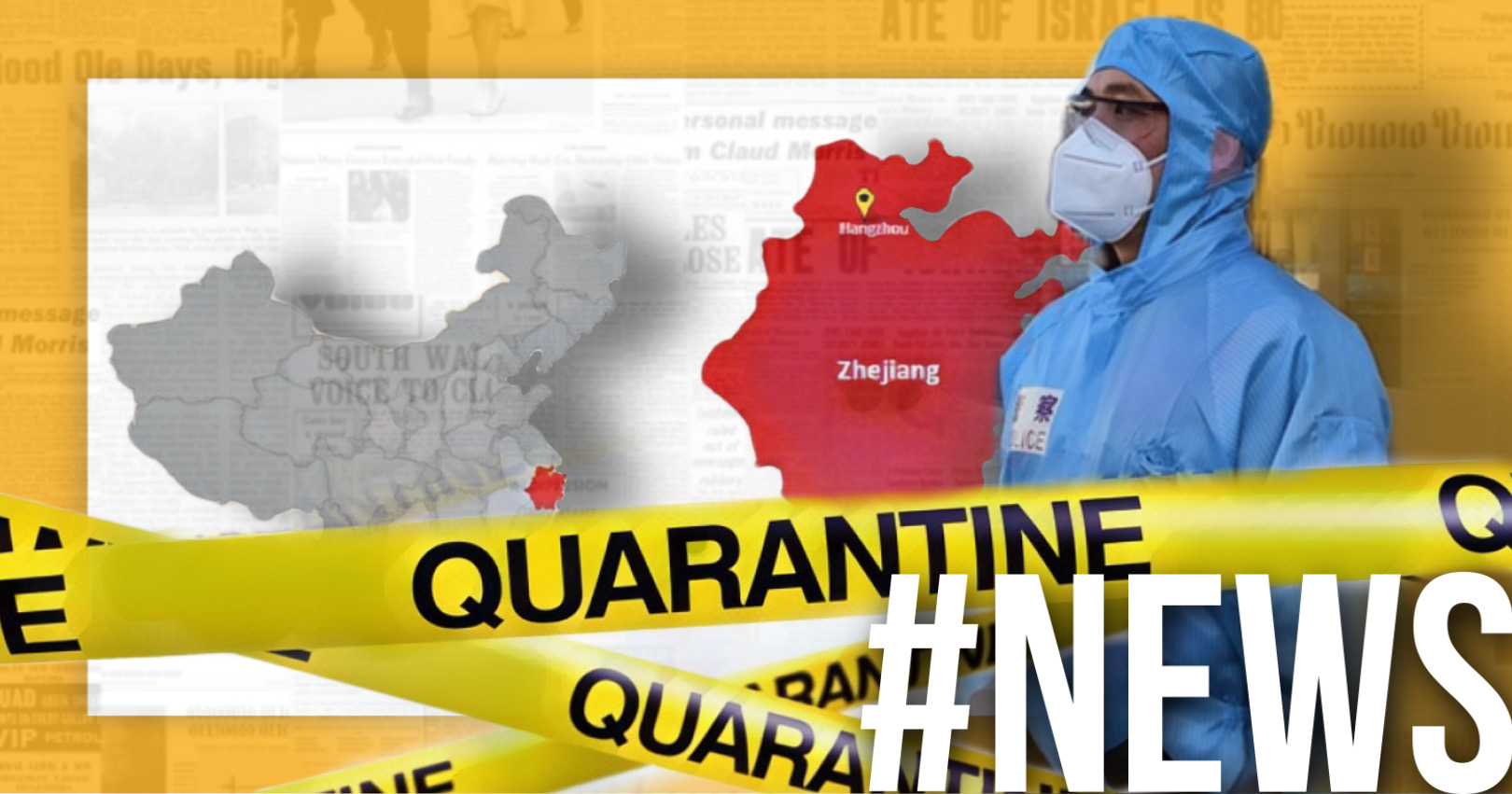Multiple companies in Zhejiang province have suspended operations due to COVID-19 outbreak, halting production of goods from batteries and clothing to textile dyes and plastics.
Zhejiang is one of China’s biggest and busiest manufacturing hubs. The local government has imposed restrictions on movement until March 2022 in the cities of Hangzhou, Shaoxing and Ningbo, reports Reuters.
At least 20 listed companies including Zhejiang Mustang Battery Co., Guobang Pharma Ltd. and textile dyes maker Zhejiang Runtu Co. have shut operations in virus-hit areas in Zhejiang, which accounts for around 6% of China’s GDP.
The city of Ningbo, home to one of the world’s largest container ports, has already tightened entry, raising concerns about disruptions.
According to MedicalExpress, the shutdown of Zhejiang factories will impact on the supply chains of various sectors, especially fibre and textiles. The flare-up could take up to 40 days to subside, with manufacturers possibly resuming work only after the Lunar New Year holiday in February.
At the same time, Omicron-variant cases were discovered in Tianjin and Guangzhou, causing new lockdowns in these areas, reports Financial Times.
CNN questions the effectiveness of China’s “zero-Covid” approach, which involves aggressively locking down neighborhoods, cities and entire regions in response to just one or two cases. Prior shutdowns in major economic hubs have snarled shipping ports and stunted global supply chains.
More Amazon news

Trump is targeting Amazon and Alibaba
President Trump signs trade memorandum on counterfeit products President Donald Trump puts Amazon, Alibaba, eBay and other online marketplaces on notice, signing a memorandum that aims to curb the sale of counterfeit items online. “This is a shot across...

Drunken online shopping is big business — especially for Amazon
Drunk shopping is an estimated $48 billion industry 85 percent of drunk shoppers visit and make ill-advised purchases on Amazon Tech and business newsletter The Hustle surveyed more than 2,000 alcohol-drinking adults about their online shopping behaviour...

Jeff Bezos: Smart people make decisions differently than everyone else
Smart people tend to change their mind a lot Smart people are open to new points of view, new information, new ideas, contradictions, and challenges to their own way of thinking Jason Fried, co-founder of Basecamp and co-author of the New York Times...


